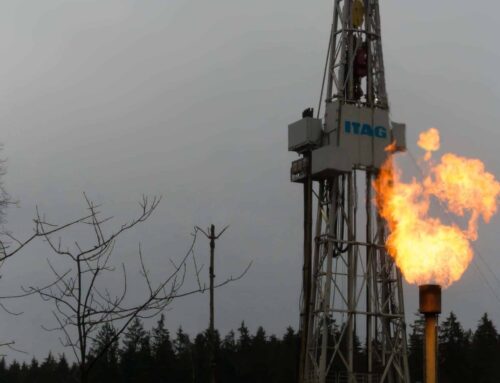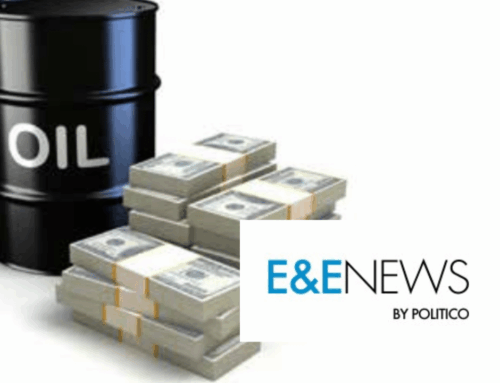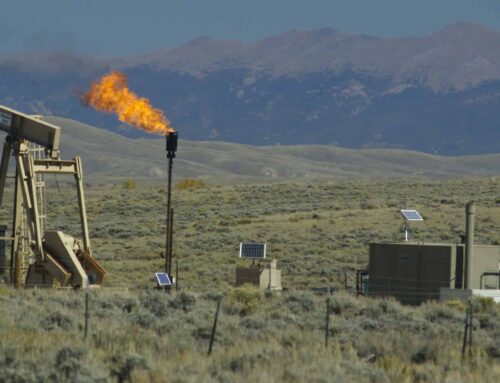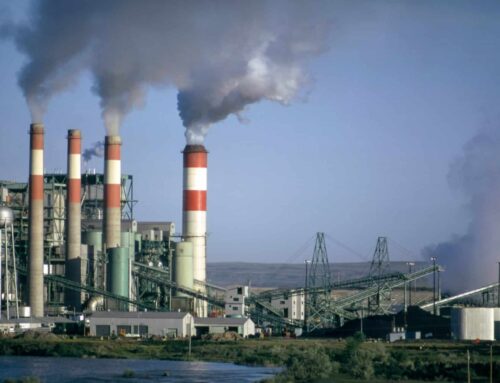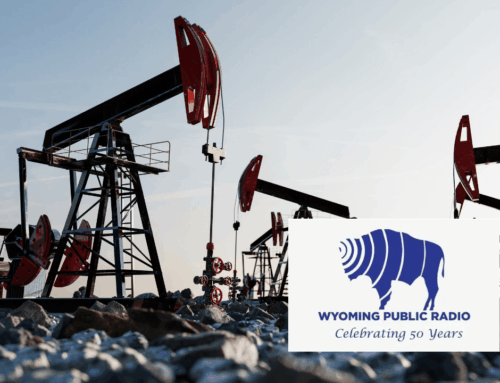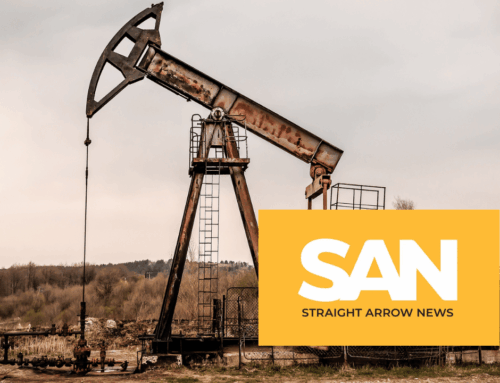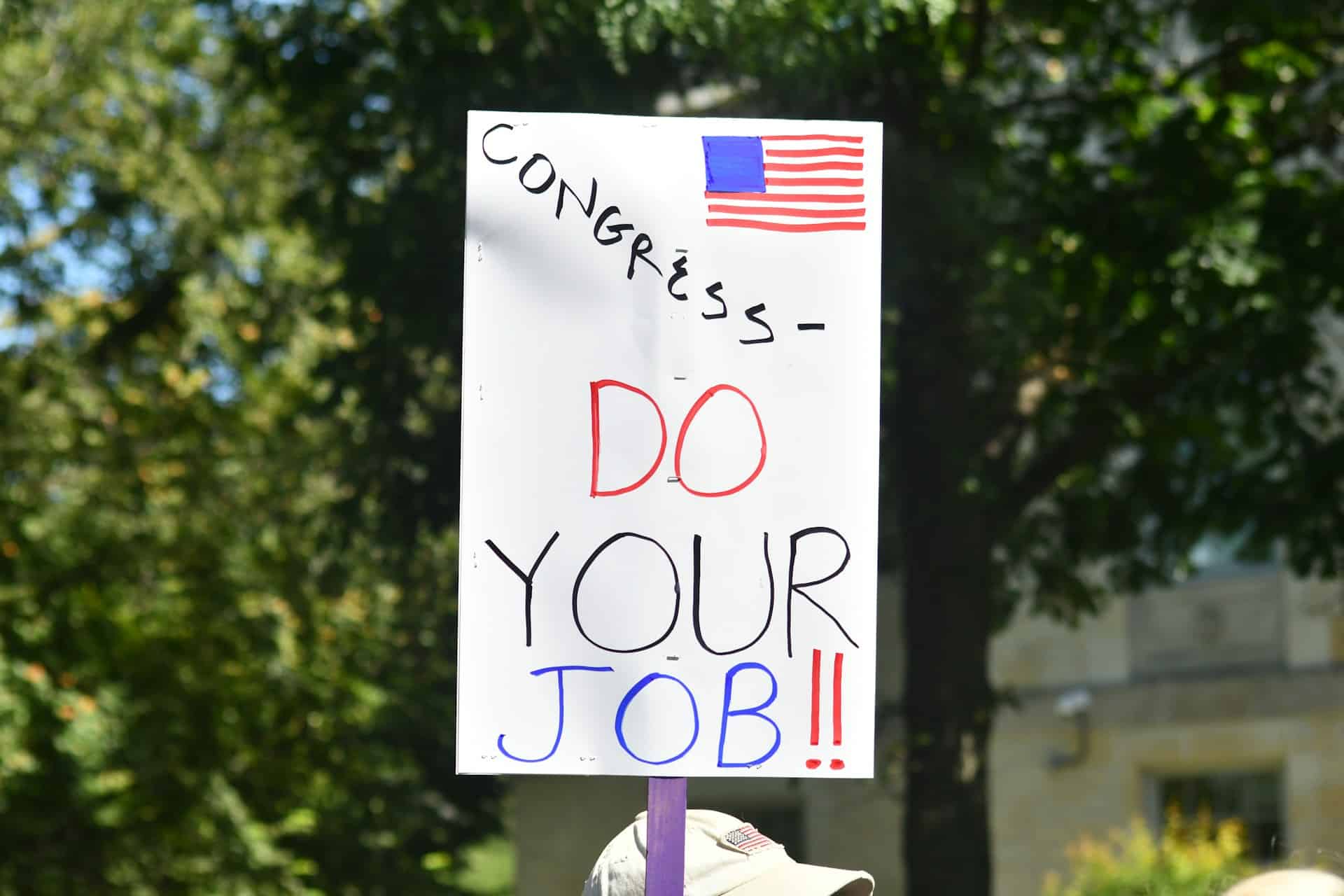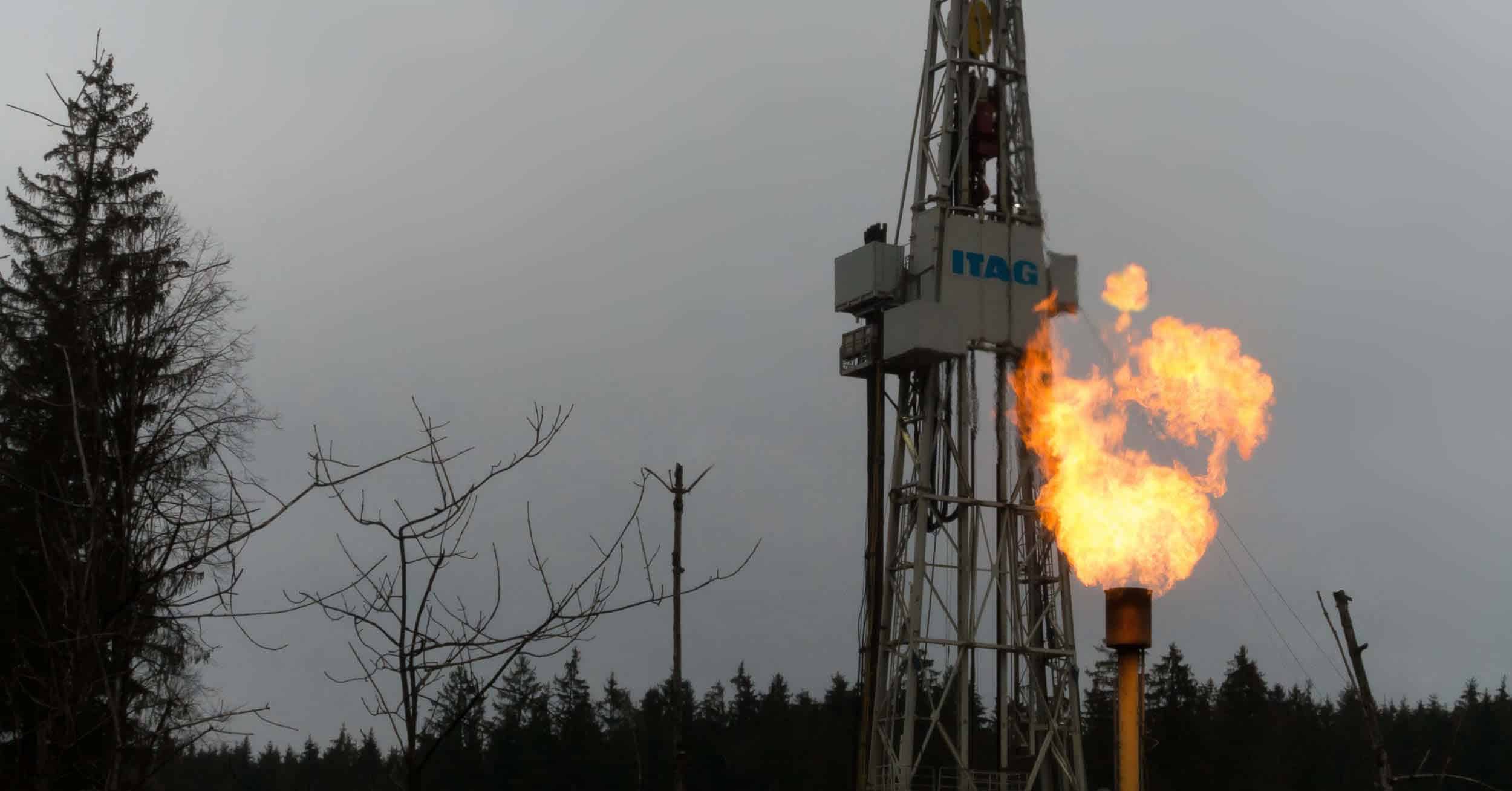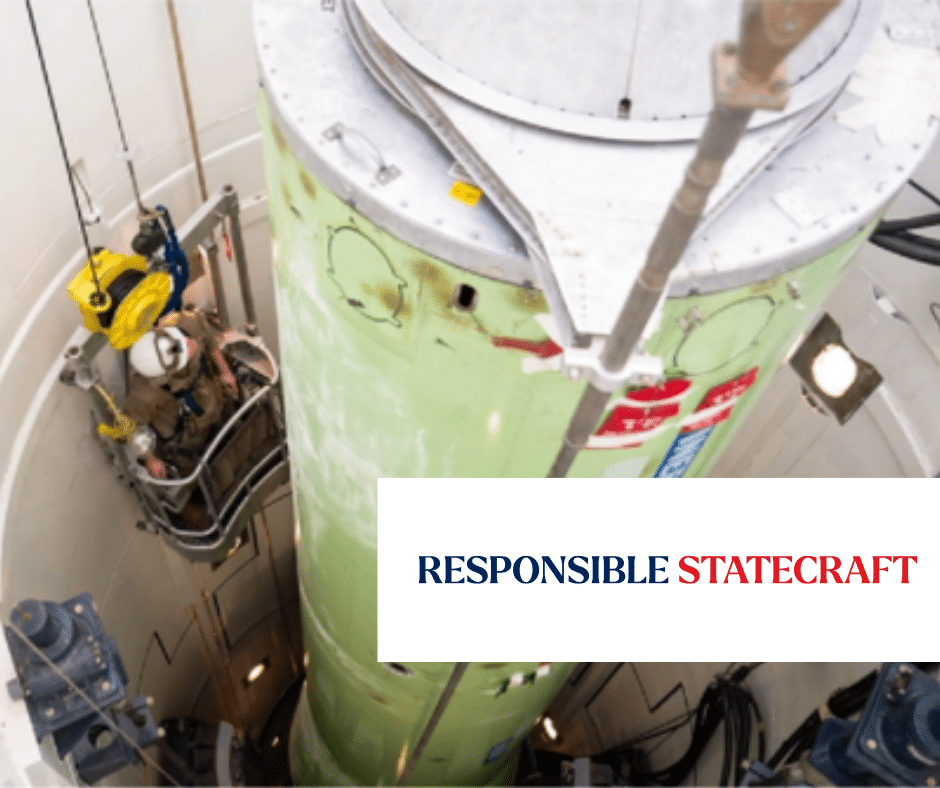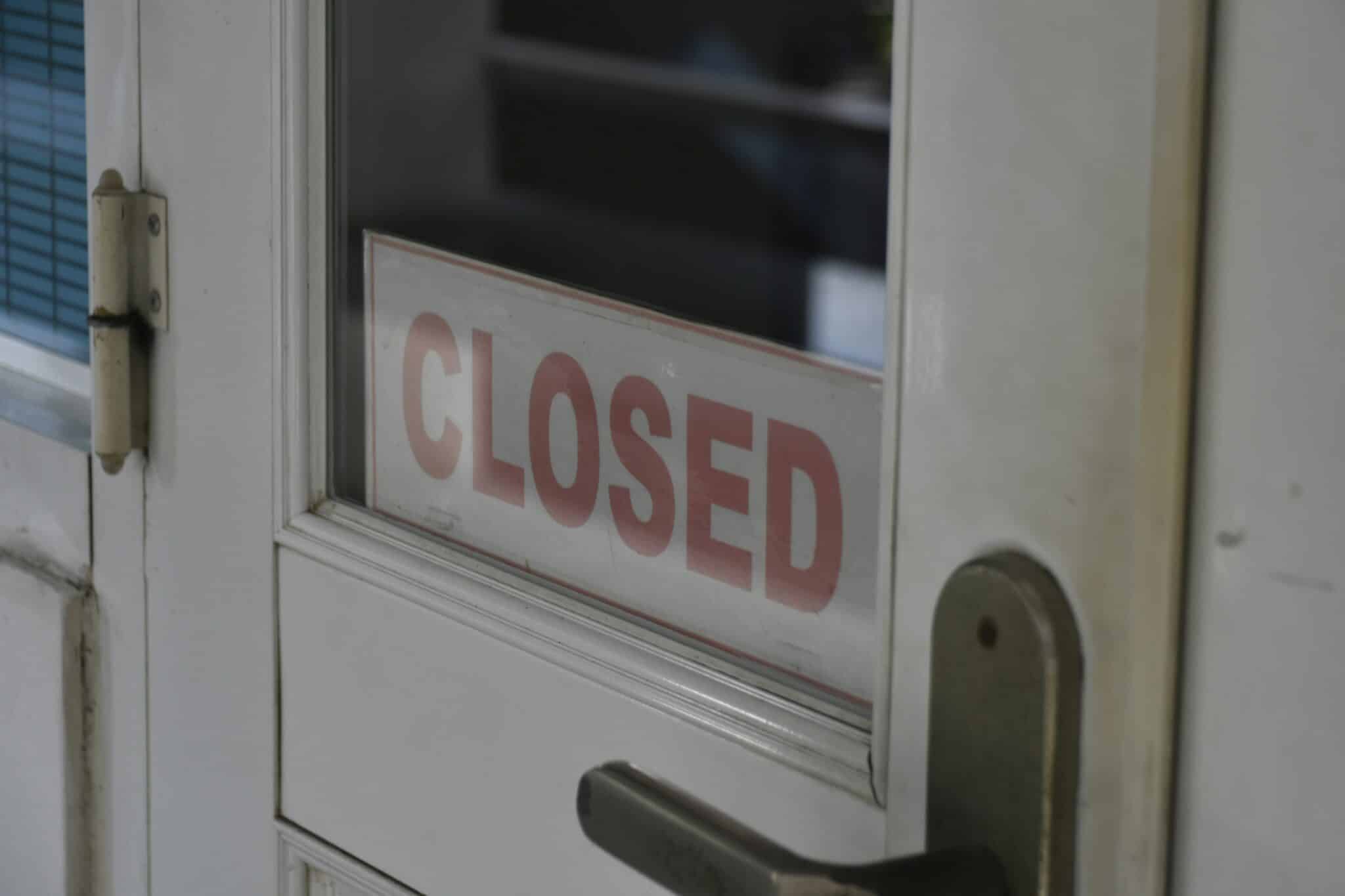On May 16, the Bureau of Land Management (BLM) announced its decision to pursue the no-leasing alternative in the Miles City and Buffalo Resource Management Plans. This decision allows permitted mines to continue production but prohibits their expansion. In response, Autumn Hanna, Vice President of Taxpayers for Common Sense, released the following statement:
“For decades, the federal coal leasing system has failed to provide a fair return to taxpayers while saddling them with billions of dollars in costly cleanup liabilities. While existing leases will continue to operate for years to come, it is prudent fiscal policy to halt additional coal leasing at this time. The extraction, production, and combustion of coal have significantly increased reclamation and climate costs for taxpayers. We commend the Bureau of Land Management for taking steps to better protect American taxpayers.”
Background
Federal lands and the resources contained in them belong to the American public. Systematic issues with coal leasing, royalty rates, royalty relief, coal valuation, and bonding requirements have prevented taxpayers from getting a fair return from federal coal resources and forced taxpayers to shoulder much of the financial burden caused by the impacts of production, combustion, and post-production reclamation of coal.
The BLM is responsible for overseeing the leasing of the federal coal mineral estate over approximately 570 million acres of federal land. Over 3 billion tons of coal were produced on federal lands in the past decade, FY2014-2023. As of FY2023, there were 279 active federal coal leases covering nearly 422,000 acres of federal land.
There have been longstanding concerns about the federal coal program —including its ability to attain fair market value for coal development, the reclamation liability from abandoned mining sites, and a leasing process that stymies competition— for decades. Taxpayers for Common Sense has been sounding the alarm about the faulty federal coal program for years, calling for increased transparency and reforms to ensure taxpayers a fair return from the development of valuable, federally-owned resources. Coal was once the lifeblood of America’s energy economy. But in large part due to cheaper more readily available natural gas, demand for coal has significantly decreased. Now, as the nation moves towards more sustainable alternatives, coal communities should receive the resources to support a just transition towards new economic drivers.
Additional Resources
- Federal Coal Program Revamp Needed: Analysis of the House Natural Resources Committee and Energy and Mineral Resources Subcommittee hearing entitled “Examining the Biden Administration’s Record on Federal Coal Leasing.”
- TCS Comments to Bureau of Land Management on Federal Coal Program Review: Comments on the BLM’s “Notice of Intent To Prepare an Environmental Impact Statement To Analyze the Potential Environmental Effects From Maintaining Secretary Jewell’s Coal Leasing Moratorium”
- Federal Judge Reinstates Coal Leasing Pause: Analysis of the United States Montana District Court’s reinstatement of a pause on the leasing of federal lands for coal production
- TCS Comments on Federal Coal Program Review: Comments on the BLM’s “Notice of Intent To Conduct a Review of the Federal Coal Leasing Program and To Seek Public Comment”
- TCS Testimony to House Natural Resources Energy and Mineral Resources Subcommittee: Prepared Testimony of Ryan Alexander, president, Taxpayers for Common Sense submitted to the U.S. House Natural Resources Committee Energy and Mineral Subcommittee for the “Legislative Hearing on Fossil Fuel Development: Protecting Taxpayers and Eliminating Industry Giveaways”

